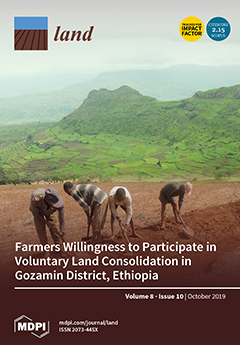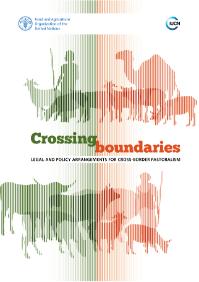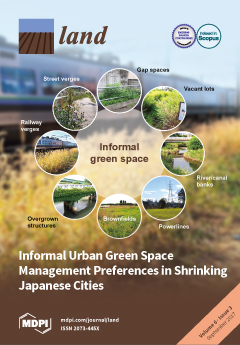Interstitial Space and the High Himalayan Dispute between China and India
A border dispute between Indian and Chinese troops, the most dangerous in 45 years, has roiled relations in the High Himalayan valleys and plateaus separating India (Ladakh) and China (Aksia Chin). Against this barren landscape, ancient pathways connecting Central, South, and East Asia converge, making the area today a key nodal point of commercial and strategic interest to three nuclear powers, India, China, and Pakistan.











